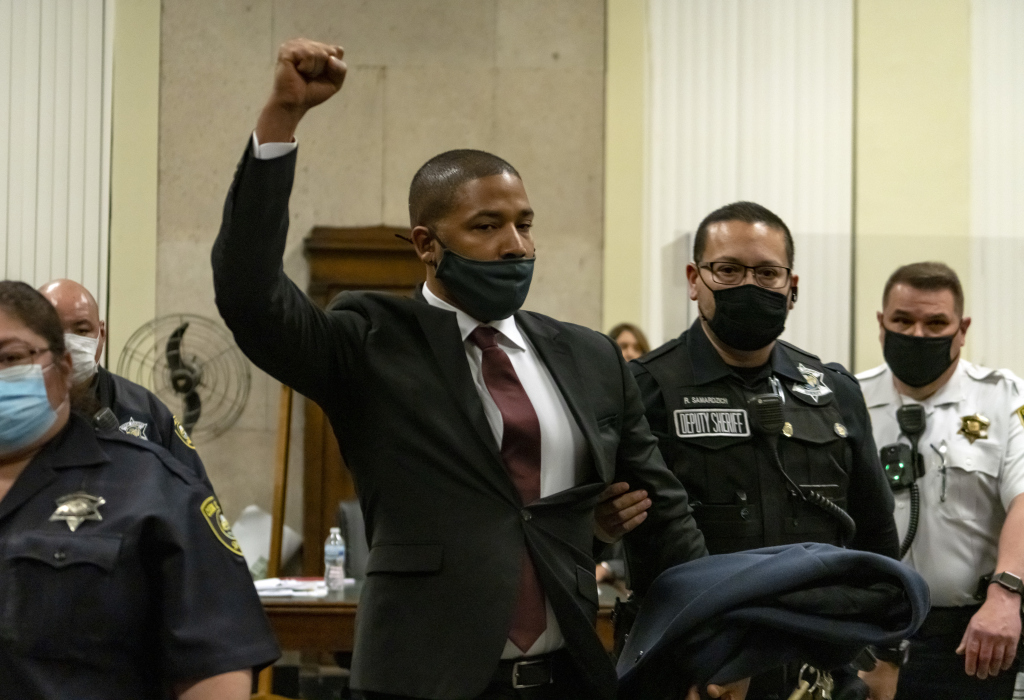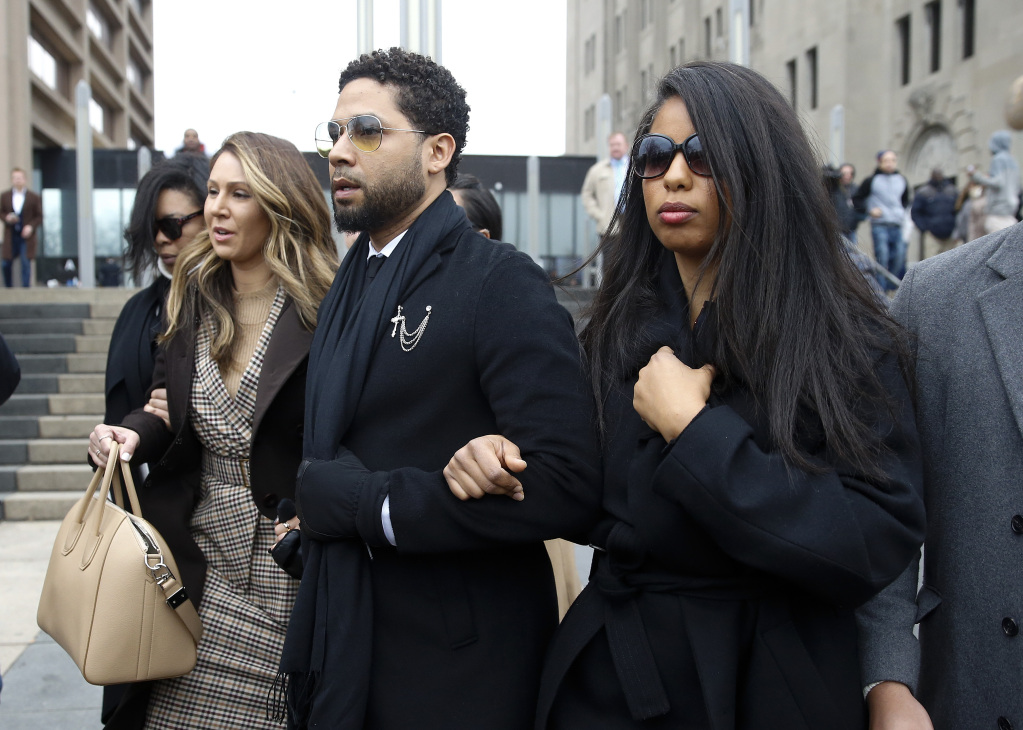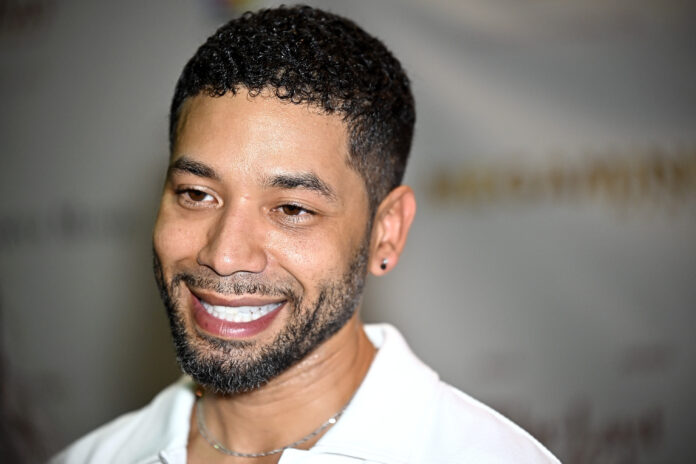Double jeopardy concerns lead to reversal
The Illinois Supreme Court overturned Jussie Smollett’s conviction for staging a hate crime, ruling that the state violated his due process rights by prosecuting him a second time after an initial agreement to drop the charges.
Background of the case
Smollett, a former Empire actor, claimed in January 2019 to have been the victim of a racist and homophobic attack in Chicago. While initial charges were dropped in exchange for community service and forfeiture of his $10,000 bond, a special prosecutor later reopened the case, leading to his conviction on five felony counts in 2021.
The court’s decision

The Illinois Supreme Court ruled that retrying Smollett after the original case was dismissed as part of an agreement constituted a violation of his due process rights. “A second prosecution under these circumstances is a due process violation,” the court stated in its ruling.
Legal perspectives on the ruling
Mark Geragos, Smollett’s lawyer, praised the decision, emphasizing the importance of honoring agreements made with defendants. Former federal prosecutor Neama Rahmani compared the case to Bill Cosby’s overturned conviction, pointing out that both cases involved prosecutors reneging on prior agreements.
Controversy over the prosecution
Rahmani criticized the handling of the case, accusing Cook County State’s Attorney Kim Foxx of being “soft on crime” for initially agreeing to drop the charges. Critics argued that the reopening of the case by a special prosecutor was an overreach, leading to unnecessary complications in what should have been a straightforward legal process.
Smollett’s petition and legal arguments

Smollett’s legal team argued that his second prosecution violated his Fifth Amendment protection against double jeopardy. They maintained that he had fulfilled his obligations under the original agreement by performing community service and forfeiting his bond.
A polarizing case closes
While Smollett’s overturned conviction brings the case to a close, it leaves unresolved debates about justice, prosecutorial discretion, and public trust in high-profile legal proceedings. Critics lament that Smollett has never admitted responsibility for the hoax, while supporters argue the case underscores the need for consistency and fairness in the judicial system.


